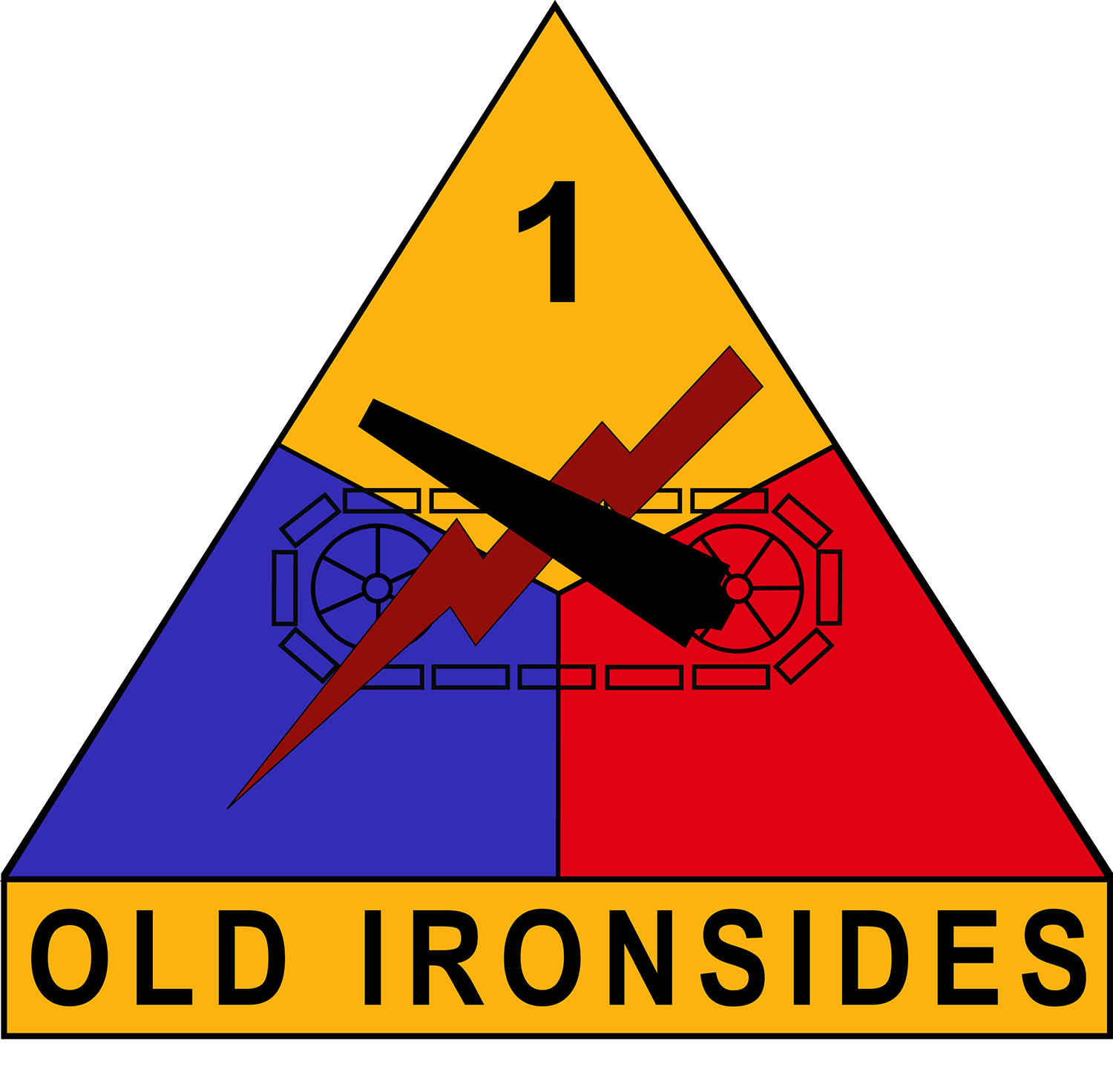
Eviction Protections for Service Members
By Darla Fraga, Fort Bliss Legal Assistance Office
The Servicemembers’ Civil Relief Act provides protection for military service members from evictions. The SCRA provides various protections in civil actions due to the nature of military service. This article focuses on that part of the SCRA that affords protections to service members regarding evictions.
The SCRA applies to all service members, their spouses, children, or any dependents that may live on the rented property during the military service period. A dependent is a person who the service member has supported in the past 180 days and paid more than half of their living expenses.
It is important to note that the protections under the SCRA discussed here, as they apply to evictions, only apply if the lease is signed before the member comes on active duty. If the lease is signed during active duty, the service member will not be protected with the protections under the SCRA discussed below, although other protections under the SCRA not discussed in this article might apply.
What is the landlord required to obtain before attempting to evict a service member?
The general requirement in most situations is a landlord cannot evict a service member from their residence without a court order. If a service member is being evicted for not paying rent, courts are allowed to postpone an eviction hearing for up to three months or longer. Courts can do this if the service member’s military service is the reason for their inability to pay rent.
If a service member has been served with an eviction notice for not paying their rent, the service member can request a “stay of the proceeding” which could put the eviction on pause. A service member can request a “stay of proceeding” by either attending the hearing and asking the judge for the stay based on their active-duty status, or by filing a written motion with the clerk of the court, delivering a copy to the landlord’s attorney, then attending the hearing and requesting the judge for the stay. The judge will either grant a court order for eviction and rule that the military status was not the cause of the nonpayment, or the judge will deny the court order and rule the military status was a reason why the member did not fulfill their obligations.
The Court may stay the proceedings for 90 days or more if the court decides a longer period of stay is required. This may be done so that the service member can pay back any debts or resolve any lease issues that may have been affected by their military service on active duty. Instead of a “stay of the proceeding,” the court might also adjust any obligations under the lease to preserve all the parties’ interests.
What if the landlord does not have a court order before attempting to evict?
If a landlord or another person with paramount title does evict or attempts to evict a service member or their dependents during the military service of the member, they can be fined or imprisoned or both. If a “stay of proceeding” is granted, the court may grant relief to the landlord.
Do service members always receive protections?
A service member does not have protections against eviction under the SCRA in instances involving material breaches of the lease or if they violate the lease. For instance, if the lease prohibits all pets and the service member brings a pet to the rental unit, an eviction based on that reason would not be protected under the SCRA.
To speak with an attorney in the Fort Bliss Legal Assistance Office on this or any other topic, please schedule an appointment by emailing usarmy.bliss.hqda-otjag.mesg.bliss-legal-assistance-office@army.mil, or calling (915) 568-7141 during LAO business hours.




